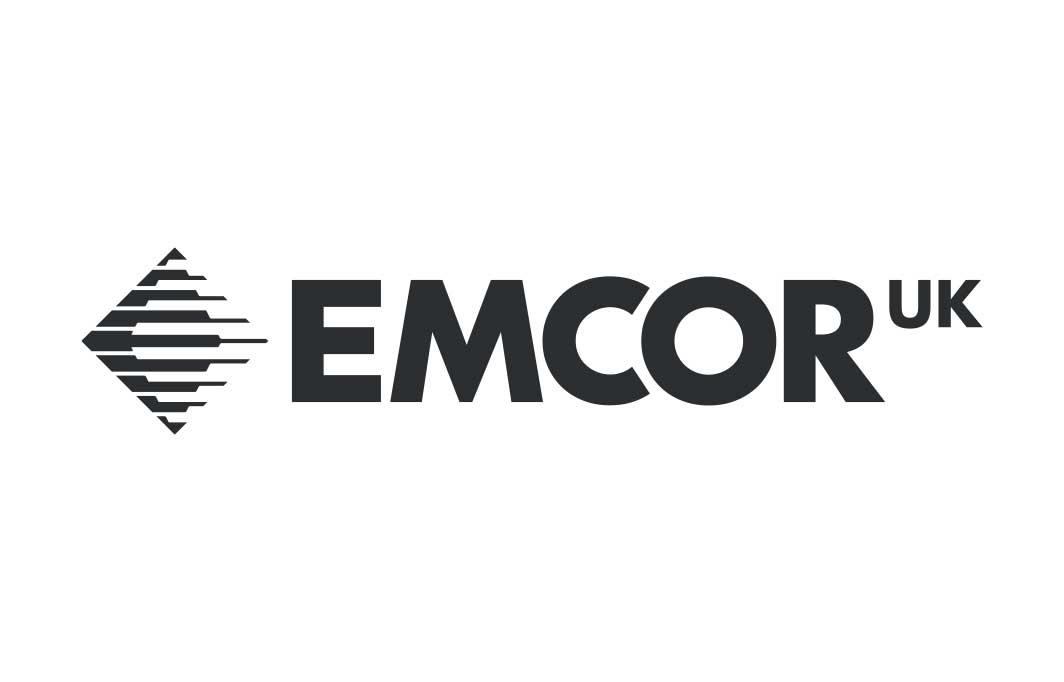IWFM Conference 2020: Insight sponsor EMCOR UK on… the future of work
News
12 March 2020

‘Ahead of the main event on Tuesday 25 September, IWFM Conference 2020’s Insight sponsor, EMCOR UK, will be sharing their expert views on the four megatrends we’ll be discussing on the day. This article covers the fourth Conference megatrend: the future of work.’
The future of work represents an almost unparalleled opportunity in human history, but in this ‘decade of change’, the urgent imperative to create a sustainable world - for all - brings with it significant challenges.
Globalisation and convergence of technology drive ‘Industry 4.0’. Demographic changes continue, our future energy needs remain unresolved, and we must radically re-imagine the way we use natural resources. Everything is changing fast and this has a massive impact on society, labour markets, emerging skills and economies. All of this is impacting our workplaces and our expectations of how we want to work, where we want to work, when we want to work, and how we want to collaborate with others.
As an industry, we need to prepare today for a future few of us can define so that together we can attract, keep and motivate the talent that workplace and FM will need to grow and thrive.
Let’s explore how far these changes can really go…
Industry 4.0 is driving continual business efficiency improvements; Artificial Intelligence (AI), automation and Augmented Reality (AR) are transforming the jobs of today, and will create new jobs tomorrow, as robots and machines take over repetitive and predictive work. McKinsey estimates that 60% of all jobs today could be automated, and that by 2030 over 11% of the global workforce will be in roles which do not exist today.
Looking further ahead, engineers will drive around smart cities in autonomous vehicles produced by a 3D printer. Smart transport will tackle traffic congestion and pollution – efficiently whisking talent in and out. Smart cars will travel seamlessly from A to B and intelligent transport systems will drive through the city like trains. In 2050, we will wonder how we ever lived and worked without smart technology.
Employees will wear nanotech clothing: smart fabric optimised for human performance and wellbeing. Clothing that automatically reacts to temperature, CO2 and humidity levels, tracking the wearer’s movement and interacting with them through touch. Clothing that is designed to measure the wearer's physiological activity, prevent injuries and monitor health to ensure optimal levels of cognitive performance. As you enter your future workplace, the temperature around your desk will adjust as the personal data from your smart clothes or microchip monitors your body temperature, pulse and cognitive performance.
Smart devices will ‘talk’ to each other and algorithms will make much faster, better decisions, than humans can. Smart 3D printers will print almost anything while you wait. A complete car, engineering parts, a freestanding office – the list is almost endless.
New technology generates masses of information. Sensors, RFID chips (human chip implants) and GPS systems provide petabytes of data. Self-learning algorithms will make the best decisions at the highest speed. What skills will the FM of the future need? What might the long-term effects be on wellbeing?
Virtual Reality (VR) and Augmented Reality (AR) will enable workers to have immersive digital experiences, supporting their daily workload. AR puts a layer of digital information over a real-life situation. For example, the technology already exists for engineers to make repairs, assisted by real-time digital coaching – all made possible with VR and AR headsets or, perhaps further into the future, special lens implants.
RFID chips could become commonplace in the next decade. Once we overcome the inevitable ethical objections, once our implants are linked to augmented reality and connected devices, the advantages offered are indisputable.
Whether RFID is implanted or not, in its simplest of forms, this technology makes it possible to instantly verify a person and transmit our identity information, enabling us to gain access to secure areas or sites much faster.
RFID chips combined with smart clothing will identify you as you enter your workplace, log you into your PC automatically, and even order your favourite coffee and lunch.
The ‘self-repairing and self-servicing enterprise’ is coming. Smart technology and smart algorithms will analyse the world around the company and prevent problems before they happen.
The full impact of technology on the FM sector is hard to predict. What we know is that it offers us an exciting future if we can adapt and change fast enough. If we don’t, FM could face its very own ‘Blockbuster Video’ moment and become a fond memory to those who enjoyed working in it.
This thought leadership piece is brought to you by Insight sponsor EMCOR UK and their partners, Frost & Sullivan, in support of IWFM Conference 2020.
IWFM Conference 2020 takes place 25 September 2020 in central London.
Check out the exciting programme and book your place today.
